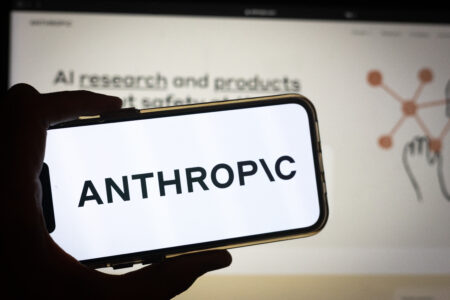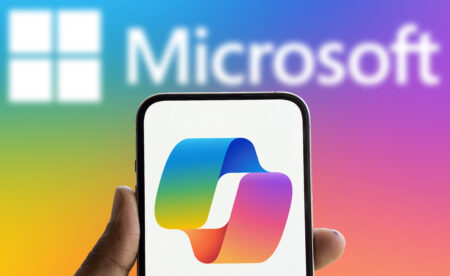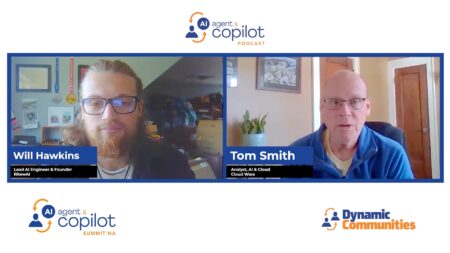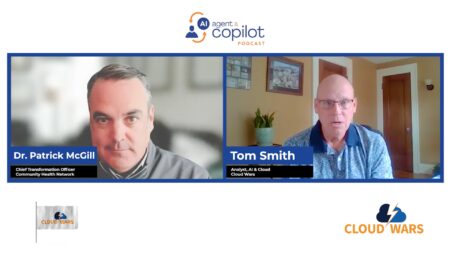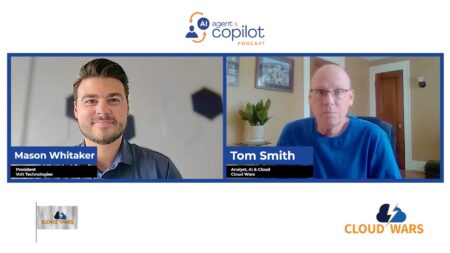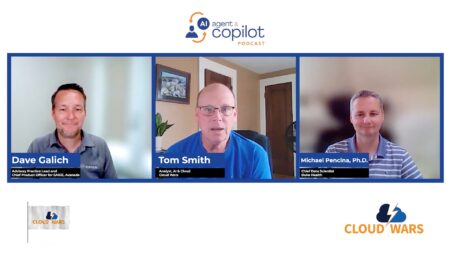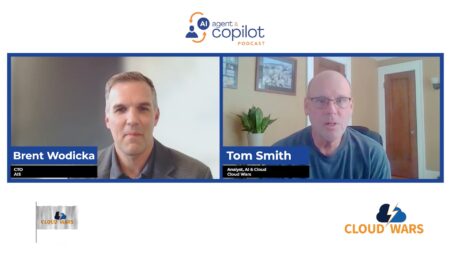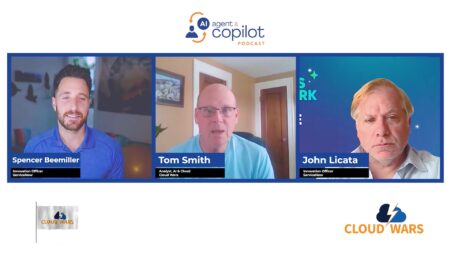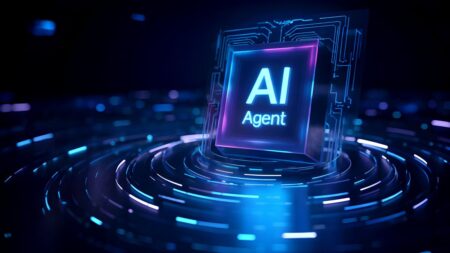From purchase orders to vendor approvals, many steps in common business processes can be managed without human intervention. Microsoft is making that easier to implement in Copilot Studio.
copilot
Anthropic uses actual attacks against its own software to lay out specific ways that threat actors are leveraging AI to further their goals. Report serves as a troubling call to action for vendors, partners, and customers.
Microsoft’s new Copilot Mode in Edge transforms web browsing from a linear task into an intelligent, AI-driven experience that anticipates needs, performs tasks, and organizes your online journey.
Models delivering voice and strong instruction-following speak to a strategy of building in-house in addition to partnerships. A call for new talent undescores internal development focus.
With its “Request for Information,” function in Copilot Studio, Microsoft empowers agents to proactively seek human input before taking steps required to complete complex workflows.
AI and Microsoft business apps expert explains three distinct approaches to orchestration workflows across AI agents, as well as the strengths and weaknesses of each.
Dr. Patrick McGill of Community Health Network shares AI agent and copilot usage update, approach to change management, and the partners helping to realize $10 million savings goal.
With two separate initiatives, Microsoft is bolstering its Defender platform with agentic AI to help security and ops teams combat two high-volume threats that can overwhelm humans.
New research from Microsoft analyzes 200,000 Copilot user conversations to rank jobs by their AI susceptibility. Find out which roles are most likely to be enhanced — or disrupted — by GenAI.
Mason Whitaker, president of Microsoft business apps partner Volt Technologies, shares insights on how Model Context Protocol can streamline work processes, bridging gaps between systems and actions.
Microsoft pledges billions in investment to support AI education and research to drive skills, readiness, and global reach with the rapidly advancing technology.
Latest wave of AI-powered security features bring Copilot functionality directly into Intune and Entra, while new tools and agents optimize access and capacity controls.
Duke Health chief data scientists details core components of governance, as well as work with Avanade, Microsoft, and other vendors to derive maximum advantage from AI technology.
Cycle time, accuracy, cost per successful task completion, and end-user satisfaction are vital metrics that will give visibility into the success of AI projects.
AI agents present opportunities to break down data silos, forecast health events, and develop personalized treatment plans. Such use cases benefit patients, providers, and the entire healthcare ecosystem.
Microsoft and Gong are integrating AI-driven sales intelligence into Microsoft 365 and Dynamics, enabling sellers to automate workflows, access deep conversation insights, and drive faster, data-informed decisions using Copilot and custom agents.
Research from Andreessen Horowitz captures the top trends in GenAI usage among enterprise firms; several findings indicate increasing maturation of the technology and enterprise AI practices.
Sample app highlights how MCP can equip users with the industry-specific data they require from a diverse set of external tools and systems, working alongside a powerful AI orchestration engine.
Microsoft demos specific Purview functions that customers can tap into in AI use cases so they are protecting critical corporate data assets from both malicious external actors and insider threats.
From multi-agent interactions to supply chain vulnerabilities, AI agents introduce a number of potential security risks. A new resource lays out the risks and steps to prevent them, while leaning on red teaming practices.



